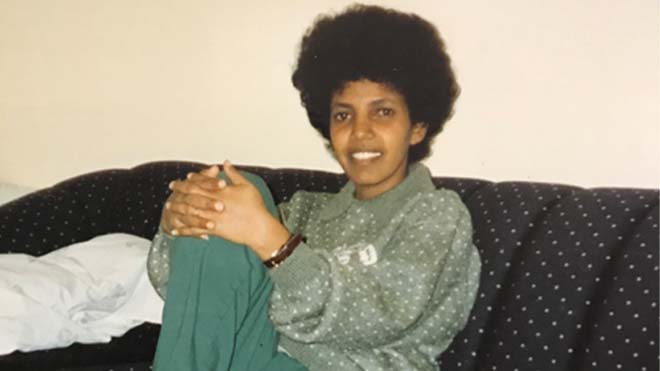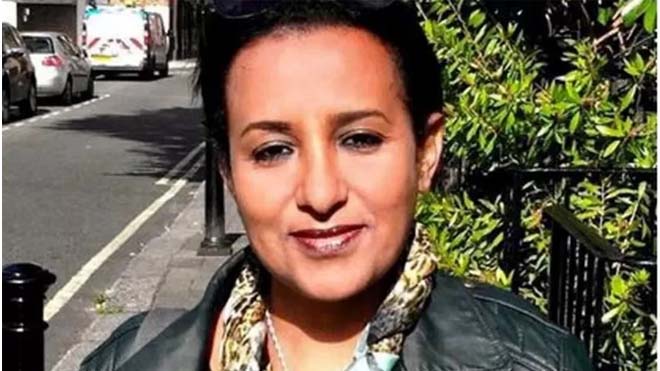UN sanctions no deterrence for Eritrean mining-Bisha
By Jeremy Clarke
ASMARA (Reuters) - Eritrea's fledgling mining sector is unlikely to be affected by U.N. sanctions on the Red Sea state, the general manager of Bisha mine, run by Canada's Nevsun Resources, said on Friday.
Eritrea is seen on the threshold of a mining boom, with hopes it may boost an agriculture-based economy that has suffered from irregular rainfall.
The United Nations last month voted to punish Eritrea for its alleged support of Islamist insurgents in Somalia. The decision initially weighed on Nevsun's shares.
Stanley Rogers, the head of the Bisha project, however said the industry was not feeling the heat and all eyes were on the movement of the price of gold.
"There has been no slowdown whatsoever since the announcement, the momentum has continued. I don't expect anything to change with respect to our project. Our production start date remains the same. I would have thought it was the same at other projects," he said.
"For (investors), the international price of gold is a more decisive factor than sanctions imposed on a single country."
External perceptions of Eritrea are at odds with the internal reality, he added. "Internally, this is a stable place to do business. My view on this hasn't changed," he said.
Bisha is Eritrea's most advanced mining project. Its 27 million tonnes of ore are believed to contain 1 million ounces of gold, 700-800 million pounds of copper and 1 billion pounds of zinc. Production is expected by the end of the year.
ETHICAL DILEMMA?
Asmara is accused by the United Nations and others of fuelling the chaos in Somalia -- where 18,000 people have died in violence since the start of 2007 -- by sending funds and arms to rebel groups battling the UN-backed transitional government.
Sanctions include an arms embargo, travel bans and asset freezes. They do not target the interests of mining companies operating in Eritrea, where licenses are held by groups from Australia, Canada, China, Libya and the United Kingdom.
But some observers argue there is now an ethical obligation on the part of these companies -- some hailing from nations who were vocal supporters of the sanctions -- not to put millions of dollars in the pockets of the Eritrean government.
"Absolutely not the case," said Rogers, "External investment is up to the individual. We're not forcing people to spend money (in Eritrea). We're not involved in the politics of the nation or internationally ... people are still investing."
Apart from small-scale artisan mining and some minor extraction by Italians during the colonial era, Eritrea's mining potential is not fully exploited.
Gold, zinc and copper are the main interests, and more than a dozen foreign companies are now exploring or about to begin combing its arid plains.
Before sanctions were imposed in December, Nevsun spent a record $21.7 million on its Bisha project in the third quarter of 2009.


![[AIM] Asmarino Independent Media](/images/logo/ailogo.png)






